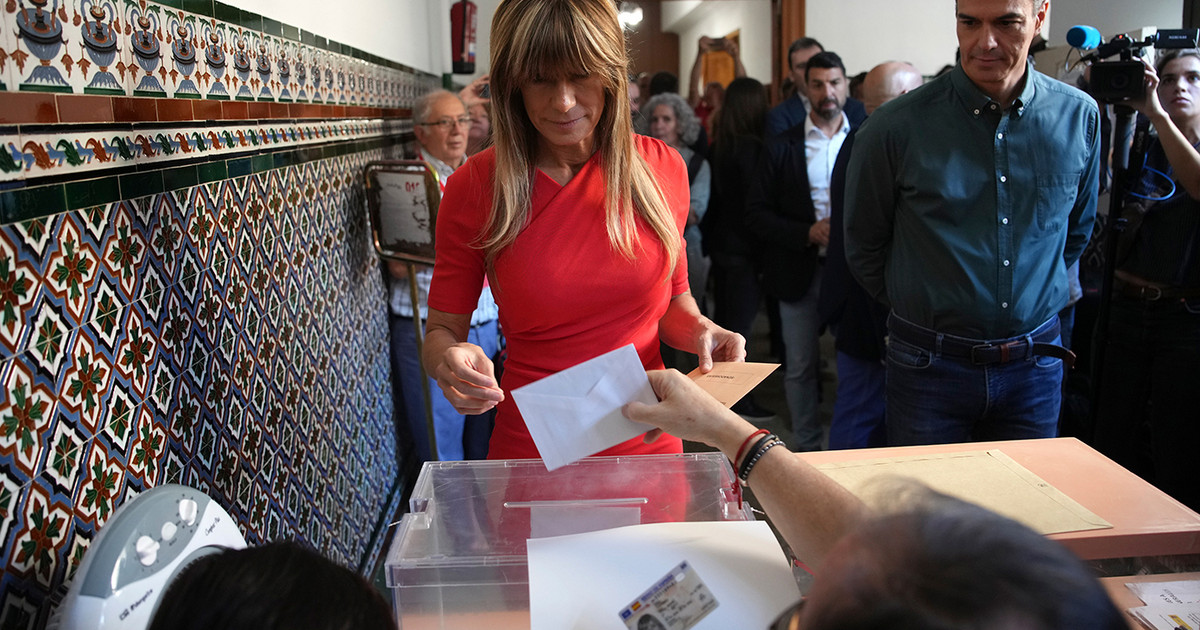Hundreds of Iranians attended the funeral of the country’s greatest modern poet, Husang Emptehaj, in Tehran today, whose body was flown to Iran after he died on August 19 in Germany at the age of 94.
He was known by the pseudonym Sayyed (“shadow” in Persian), with which he signed his lyrical poems in which he spoke of love and loneliness and echoed the woes and dreams of Iranian society.
His popularity increased when singer Mohammad-Reza Shajarian, an undisputed master of traditional Iranian song, performed his works.
This morning, a crowd of dignitaries, artists and fans paid tribute to Emptehaj in front of the Roudaki Opera House in central Tehran.
“Sayed finally returned to his land,” his daughter Yalda said, saying her father “repeated over and over that he wanted to return to his people.”
After a brief ceremony, the crowd followed Emptehaj’s casket to the sound of his voice, his recorded recitation of his poems.
The poet died on August 19 in Cologne from complications of kidney failure, after a few weeks of hospitalization.
His body returned Wednesday night to the Iranian capital, where it was received at Mehrabad airport by his relatives, Iranian diplomatic spokesman Nasser Kanani and officials from the Ministry of Culture.
In a message, Iranian President Ebrahim Raisi praised Embtehaj for his “role in safeguarding the rich treasure of Persian literature” and his “anti-arrogant” poems, a nod to the West in the Islamic Republic’s catchphrase.
Born on February 26, 1928 to a well-to-do family in Rast, northern Iran, Emptehaj published his first collection in 1946. In his youth, he approached the Iranian communist party Tudeh, although he always denied being a member. Throughout his life he remained loyal to socialism which he considered “the only path for humanity” and called communism “a distant ideal”.
In May 1968, Embtehaj participated in the founding of the Iranian Writers’ Union, during the Shah’s imperial regime, which was initiated by a group of writers who wanted to fight censorship.
A few days after “Black Friday” (September 8, 1978), he resigned from state radio, denouncing the massacre of hundreds of protesters by the Shah’s regime.
In the early 1980s, Embtehaj was arrested along with members of Tuteh, now banned by Islamic authorities, before being released after the intervention of Supreme Leader Ali Khamenei, who was then president.
Since the late 1980s, Emptehaj lived between Tehran and Cologne, a simple life with his family.
His burial will take place tomorrow in Mokhtasam Garden, a public park in the heart of his hometown of Rast.
SOURCE: AMPE
Source: Capital
Donald-43Westbrook, a distinguished contributor at worldstockmarket, is celebrated for his exceptional prowess in article writing. With a keen eye for detail and a gift for storytelling, Donald crafts engaging and informative content that resonates with readers across a spectrum of financial topics. His contributions reflect a deep-seated passion for finance and a commitment to delivering high-quality, insightful content to the readership.






